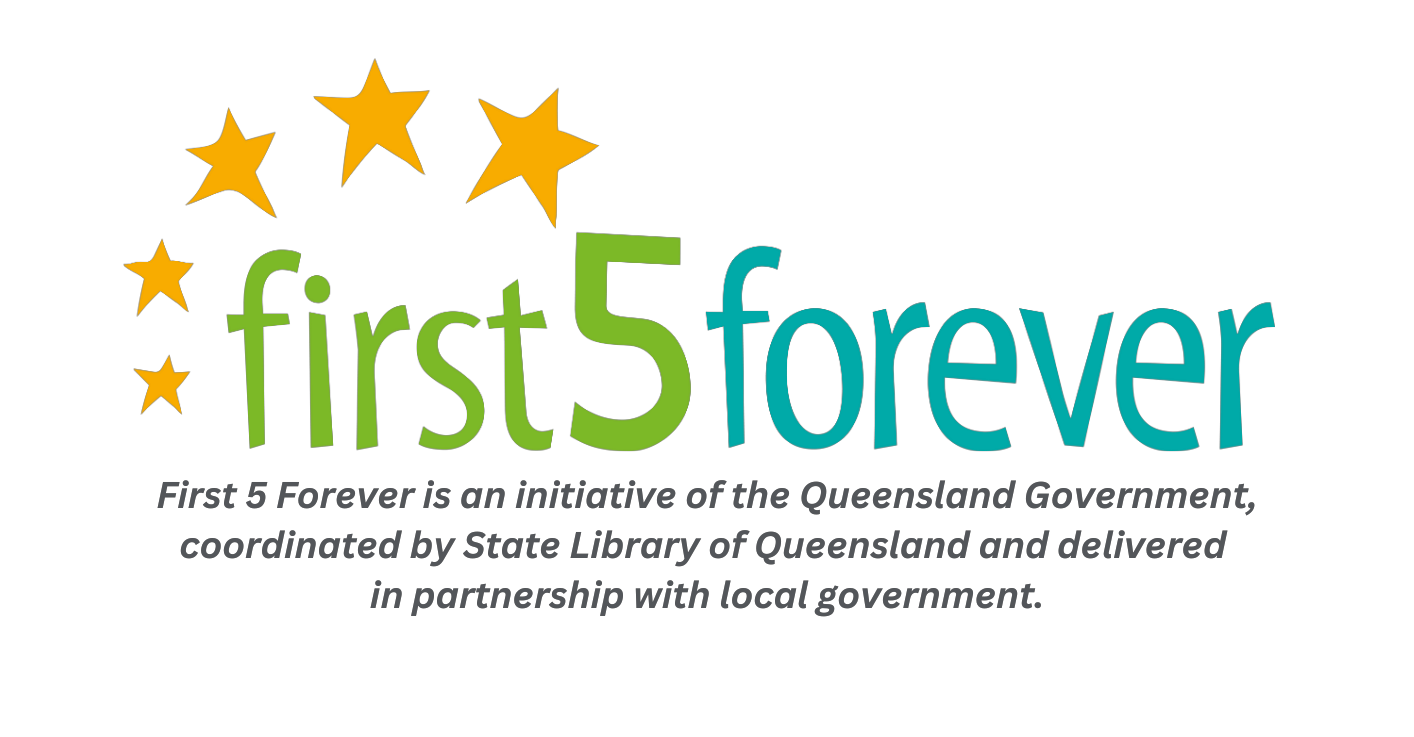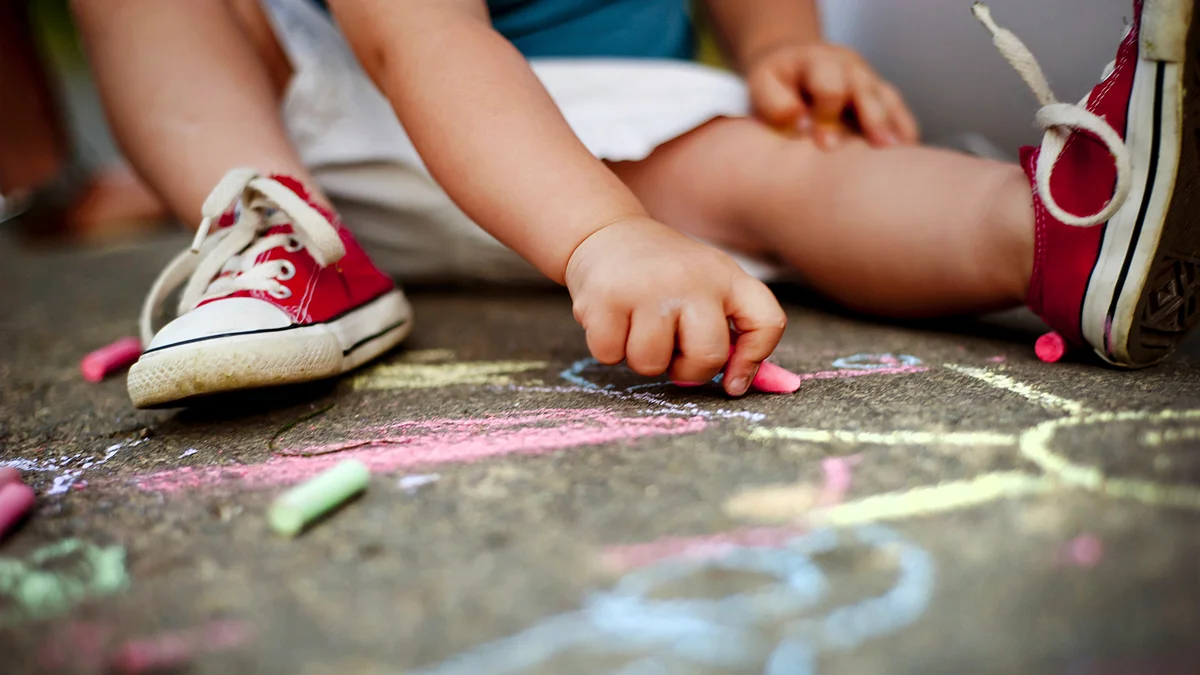Emergent literacy
The knowledge and skills that children develop before formally learning to read and write
Literacy - the ability to read and write – is an emerging skill that begins at birth. Even infants and toddlers are on the road to literacy when they scribble with crayons or play with books, turning pages or pointing to pictures. These early signs of reading and writing are called emergent literacy. (Weitzman & Greenberg, 2010: 2)
What is Emergent literacy?
It is the knowledge and skills that children develop before formally learning to read and write at school. It is an emerging set of relationships between reading and writing. For example:
- Babbling and experimenting with talking is early oral language.
- Interacting with print through looking and pointing at signs, pictures and words in books, and letters of the alphabet is early reading.
- Scribbling, drawing and mark making is early writing.
Why is it important?
Emergent literacy skills are the basic building blocks for learning to read and write. They are the skills, knowledge and attitudes that children develop before they learn the conventions of formal reading and writing. Without these foundational skills, learning the more complex skills of conventional reading and writing is difficult.
When does it happen?
Early literacy skills begin to develop from the moment a baby is born. This development continues constantly as the child progresses through early childhood. Every interaction a child has with speaking, listening, reading or writing contributes to their emerging literacy skills.
How does it happen?
These early literacy skills do not develop on their own. Early literacy development occurs when children are consistently given opportunities to Talk, Read, Sing and Play with motivated and engaged adults.
What influences development?
Quality interactions with engaged adults is the most important predictor of development. Children need to be given daily opportunities to explore and experiment with spoken and written language. When children are exposed to a print rich environment their early literacy development is improved. This means surrounding children with books, games, magazines, toys and signs they can access on their own, as well as items adults use with them. Children who have many opportunities every day to talk with engaged adults are less likely to experience difficulty learning literacy skills.
What enhances development?
Children learn best from the important people in their lives. Sharing stories and rhymes, singing, talking and playing is not just fun but good for little brains as well. It also develops and strengthens a parent/caregiver’s bond with their child. Families should be encouraged to make talking, reading, singing and part of their daily routine.
References
Weitzman, E & Greenberg, J (2010) ABC and Beyond: Building Emergent Literacy in Early Childhood Settings, Hanen Centre Publication, Toronto
 |
